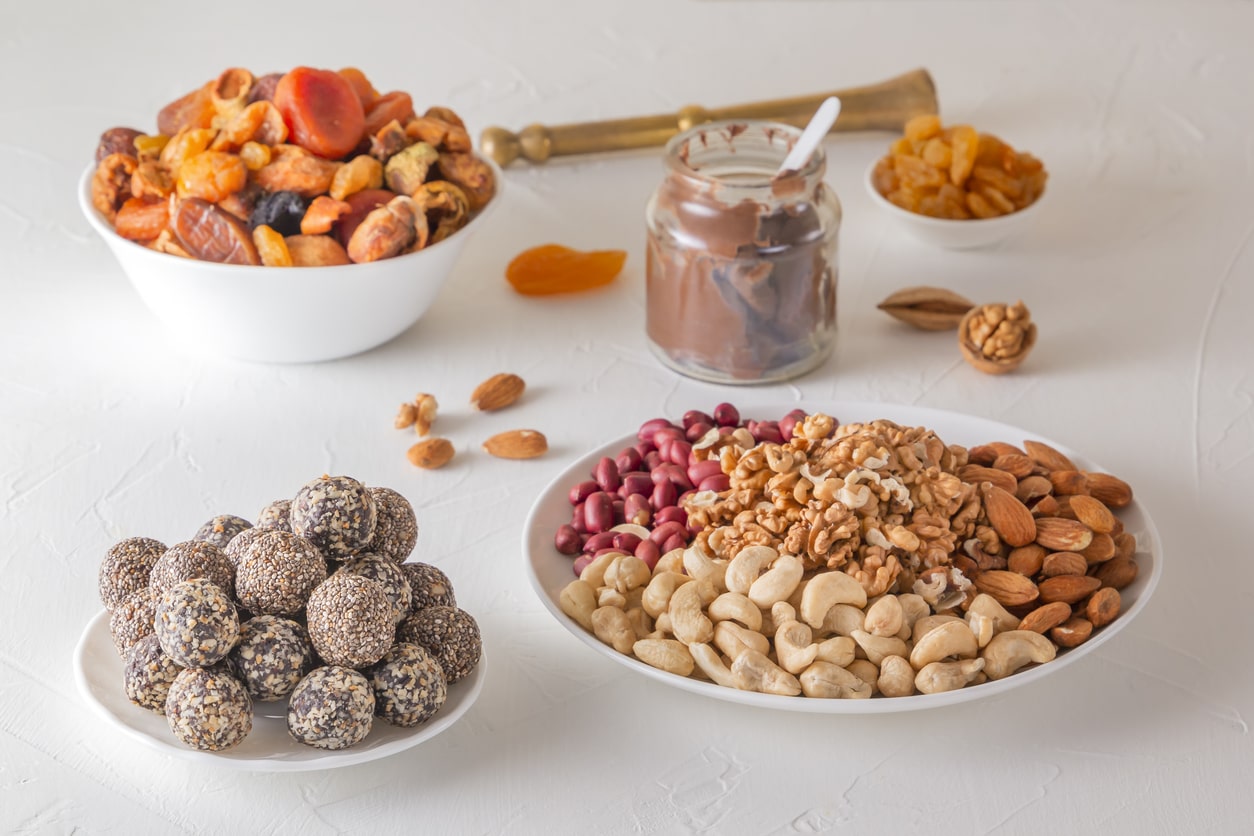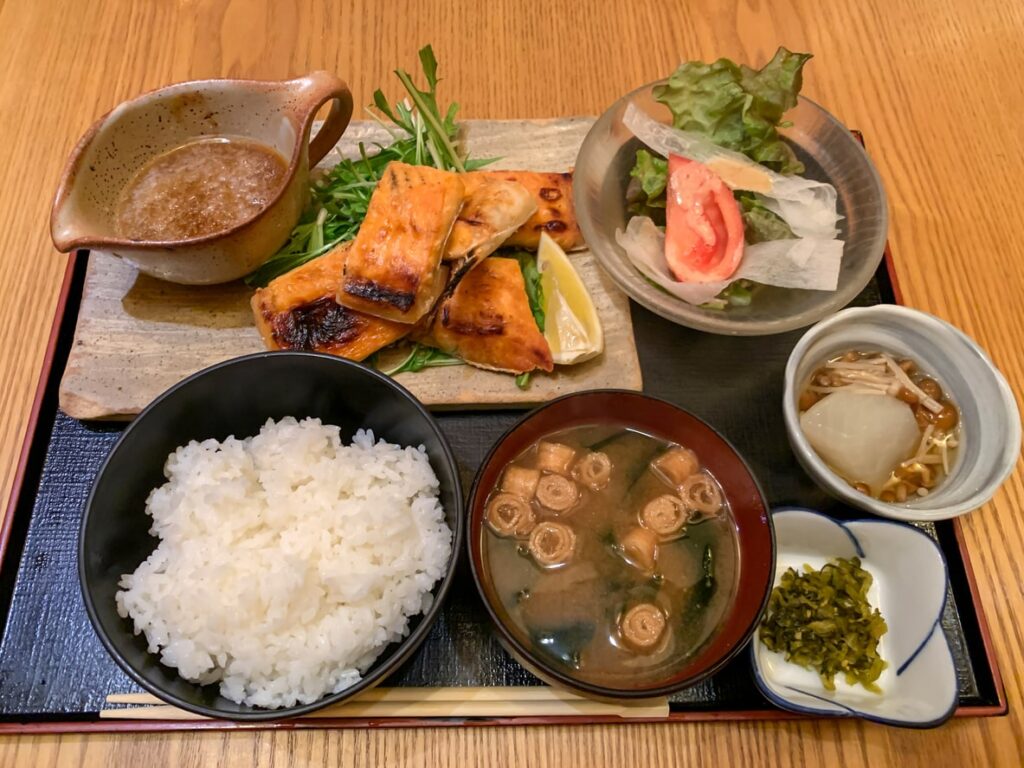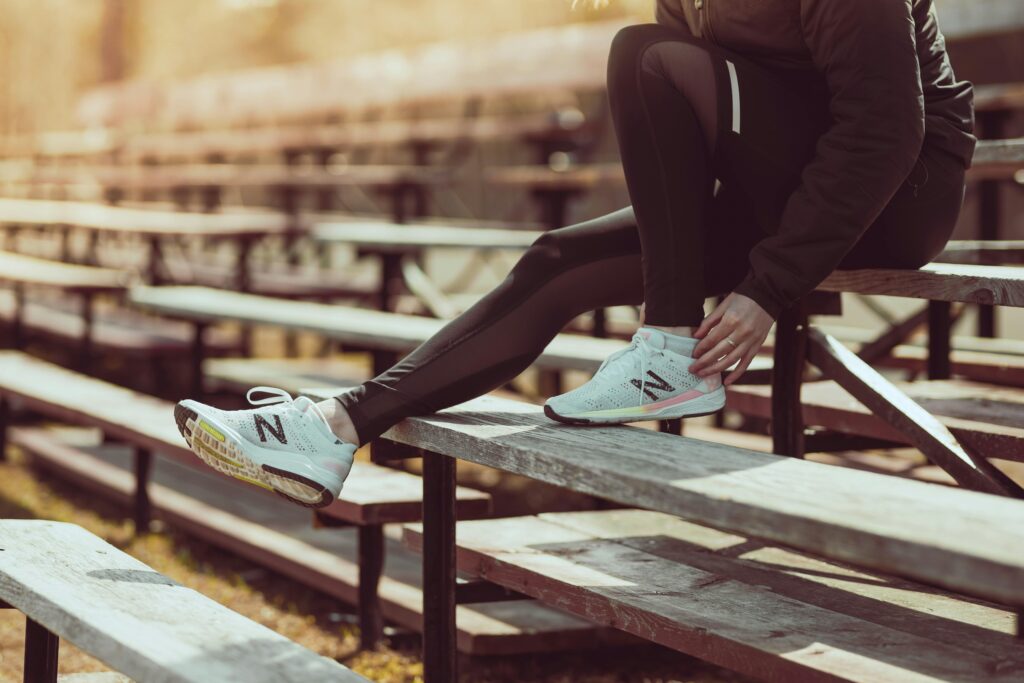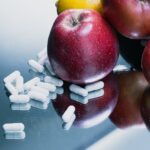Now Reading: Discover the Best Snacks for Recovering Addicts: Boost Energy, Balance Mood, and Heal the Brain
-
01
Discover the Best Snacks for Recovering Addicts: Boost Energy, Balance Mood, and Heal the Brain
Discover the Best Snacks for Recovering Addicts: Boost Energy, Balance Mood, and Heal the Brain

Recovery from addiction is a journey of healing—mentally, physically, and emotionally. While therapy and support groups play a big role, nutrition often doesn’t get the attention it deserves. What we eat directly affects how we feel. That’s why choosing the best snacks for recovering addicts can make a big difference in energy, mood, and brain function.
During addiction, the body and brain experience depletion. Substances like alcohol, opioids, or stimulants strip away essential nutrients, disrupt blood sugar levels, and damage gut health. In recovery, proper nutrition helps rebuild balance and supports the healing process. Snacking smartly is one simple way to support the body’s recovery every day.
In this article, we’ll explore the best snacks for recovering addicts, how they support brain and body health, and how to incorporate them into daily routines.
Why Nutrition Matters in Recovery
Addiction changes the way the body absorbs and processes nutrients. Many people in early recovery face:
- Blood sugar fluctuations
- Vitamin and mineral deficiencies
- Cravings and poor appetite control
- Digestive issues
- Anxiety, depression, or fatigue
According to a 2017 study published in Nutrients, proper nutrition significantly improves mood, focus, and physical health during addiction recovery 1. Healthy snacks help stabilize energy, reduce irritability, and rebuild neurotransmitter function—all vital for long-term sobriety.
That’s why choosing the best snacks for recovering addicts is more than a dietary choice—it’s part of the healing journey.
What Makes a Snack “Recovery-Friendly”?
The best snacks for recovering addicts have a few things in common:
- Balanced macronutrients: They contain healthy fats, protein, and complex carbs.
- Nutrient-dense: Packed with vitamins, minerals, and fiber.
- Blood sugar-friendly: Low in added sugars and processed carbs.
- Convenient: Easy to grab or prepare, especially during emotional or physical lows.
- Comforting and satisfying: Soothes without creating dependency or guilt.
Let’s explore some of the best options.
1. Nuts and Seeds
Why they help: Nuts like almonds, walnuts, and cashews are rich in healthy fats, magnesium, and protein. Seeds like chia, flax, and sunflower add fiber and omega-3s.
Benefits:
- Stabilize blood sugar
- Reduce inflammation
- Support brain repair
How to enjoy: Grab a handful of mixed nuts, make a trail mix with dried fruit (no added sugar), or sprinkle chia seeds into yogurt or smoothies.
2. Greek Yogurt with Fruit
Why it helps: Greek yogurt is high in protein and probiotics, which support gut health and neurotransmitter production.
Benefits:
- Boosts digestion
- Rebuilds gut-brain connection
- Reduces sugar cravings
How to enjoy: Add fresh berries or a banana. Choose plain, unsweetened yogurt and sweeten naturally with cinnamon or a drizzle of honey.
3. Hummus and Veggies
Why it helps: Hummus is made from chickpeas, which are rich in fiber, iron, and plant-based protein. Paired with crunchy vegetables, it becomes a nutrient-packed snack.
Benefits:
- Boosts mood with folate and iron
- Keeps you full and satisfied
- Supports stable energy
How to enjoy: Dip sliced carrots, cucumbers, bell peppers, or celery into hummus for a satisfying, crunchy snack.

4. Hard-Boiled Eggs
Why they help: Eggs are rich in choline, a nutrient vital for brain health. They also offer a complete source of protein.
Benefits:
- Supports memory and cognition
- Reduces hunger and emotional eating
- Portable and easy to prep
How to enjoy: Boil a batch and keep them in the fridge. Add a pinch of salt, pepper, or paprika for flavor.
5. Oatmeal with Almond Butter
Why it helps: Oats are a complex carbohydrate that supports steady blood sugar and serotonin production. Almond butter adds healthy fats and protein.
Benefits:
- Promotes calm and satisfaction
- Improves digestion and energy
- Natural comfort food
How to enjoy: Make a small bowl of oatmeal, stir in a spoon of almond butter, and top with cinnamon or banana slices.
6. Banana and Peanut Butter
Why it helps: Bananas offer natural sugars, potassium, and vitamin B6, which helps regulate mood. Peanut butter provides long-lasting energy and protein.
Benefits:
- Natural sweet treat
- Supports dopamine production
- Combats afternoon slumps
How to enjoy: Slice a banana and top with a tablespoon of natural peanut butter (look for one with no added sugar or oils).
7. Roasted Chickpeas
Why they help: Chickpeas are rich in fiber and protein. Roasting them turns them into a crunchy, satisfying snack.
Benefits:
- High in mood-boosting nutrients
- Great alternative to chips
- Keeps digestion steady
How to enjoy: Toss canned chickpeas in olive oil and spices, then roast in the oven until crispy.
8. Dark Chocolate (70% or higher)
Why it helps: Dark chocolate in moderation can boost serotonin and endorphins. It’s also high in antioxidants.
Benefits:
- Natural mood elevator
- Reduces stress
- Satisfies sweet cravings without a sugar crash
How to enjoy: Break off a small square (about 1 oz) and savor it slowly.
9. Smoothies with Protein and Greens
Why they help: Smoothies are a fast way to get nutrients. Adding protein powder, spinach, and fruit makes it a complete snack.
Benefits:
- Easy on the digestive system
- Replenishes nutrients lost in addiction
- Can be customized for any taste
How to enjoy: Blend almond milk, banana, spinach, protein powder, and a few berries for a recovery-friendly drink.
Real-Life Story: How Smart Snacking Helped Jason Stay Grounded
Jason, 38, struggled with alcohol addiction for over 15 years. In early recovery, his energy dipped and his cravings were strong—especially in the afternoons.
“I’d skip meals or eat junk when I was stressed. My counselor helped me build a snack plan. I started carrying almonds and Greek yogurt. Within a week, I had more energy and less anxiety.”
Today, Jason still snacks regularly, using nutrition as part of his daily recovery routine.
Tips for Creating a Recovery Snack Routine
- Prep in advance. Make snacks ahead of time to avoid grabbing junk food.
- Stick to whole foods. Avoid ultra-processed snacks high in sugar or chemicals.
- Keep it simple. Focus on easy combinations: protein + fiber + healthy fat.
- Listen to your body. Eat when hungry and stop when satisfied.
- Keep healthy options visible. Stock your fridge and pantry with recovery-friendly foods.
Final Thoughts: Fueling Recovery from the Inside Out
What you eat during recovery matters. Choosing the best snacks for recovering addicts isn’t about dieting—it’s about healing. Nutritious snacks support your brain, boost your mood, and help stabilize your day-to-day life.
By filling your body with foods that nourish, you send a powerful message: I deserve to feel good.
And sometimes, that message starts with something as simple as a handful of almonds, a cup of yogurt, or a homemade smoothie.
Sources
- De Timary, P., et al. (2017). Nutrition and addiction recovery: Impact of dietary choices on mental health. Nutrients. ↩
























